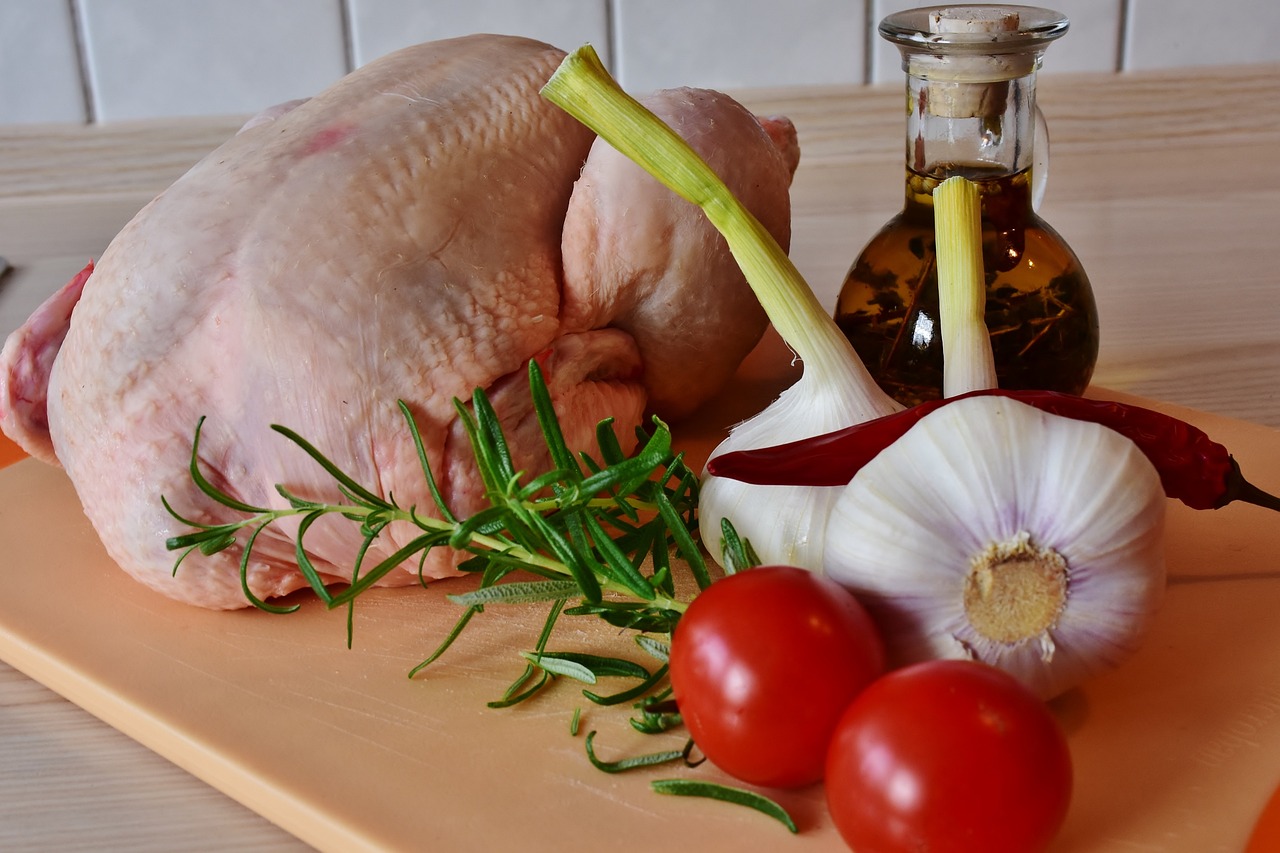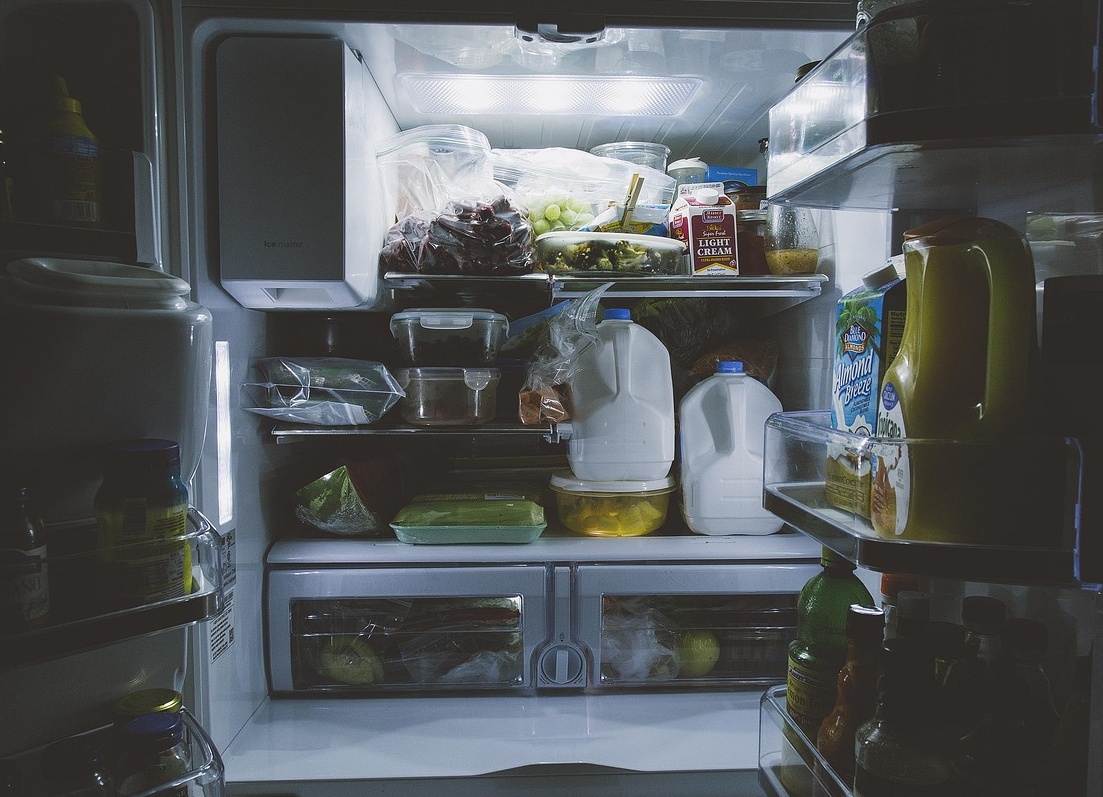
Hungarian companies have never made as many investments in one year as they did last year, said Péter Szijjártó.Continue reading

Minister of National Economy Márton Nagy stated that high food inflation is unacceptable and the government is ready to take action to protect families by all means. According to the ministry, the government is committed to keeping inflation low and is doing everything to ensure that the rise at the beginning of the year does not become permanent.
The higher inflation level in January is a temporary phenomenon caused by base effects, the repricing of services at the beginning of the year, and the increase in the price of certain basic foods, such as milk and eggs. The government will keep monitoring the inflation to protect families and pensioners, and will intervene immediately if necessary to keep food prices under control using all available instruments.
Keeping inflation low is essential to ensure that real wages continue to grow, boosting household purchasing power.
According to data from the Central Statistical Office, in line with preliminary government projections and market expectations, inflation reached 5.5% on an annual basis in January 2025, and 1.5% on a monthly basis. Based on the data collected in January, food inflation was 6.0% on an annual basis, while household energy prices rose 0.2%, the release cited.
The Minister of National Economy said the data showed that “high food inflation is unacceptable, especially for staple foods such as milk and eggs.”
The January price rises for milk, dairy products, and eggs are particularly hard on the low and middle classes, as they represent around 13% of the food basket, which accounts for almost a third of the total consumer basket.
The government has summoned representatives of retail chains in January and has also held talks with the National Trade Association and the Milk Interprofessional Organization and Product Board, to discuss the issues.

Márton Nagy. Picture: MTI/Soós Lajos
Regarding the evolution of prices, it is important to note that retail chains reduced the prices of a number of basic foods in late January and early February.
According to the price monitoring system, in less than three weeks the price of milk fell by an average of around 3%, the price of sour cream by 2% and the price of curd cheese by 1.5%.
They added that the government is closely monitoring this trend to ensure that the price cuts are sustained. The government is committed to taking all necessary steps to control food prices and protect Hungarian families. To this end, it does not exclude the possibility of introducing a mandatory price freeze, which could be an immediate and effective intervention in case of need, the statement said.
Via MTI; Featured picture: Pixabay